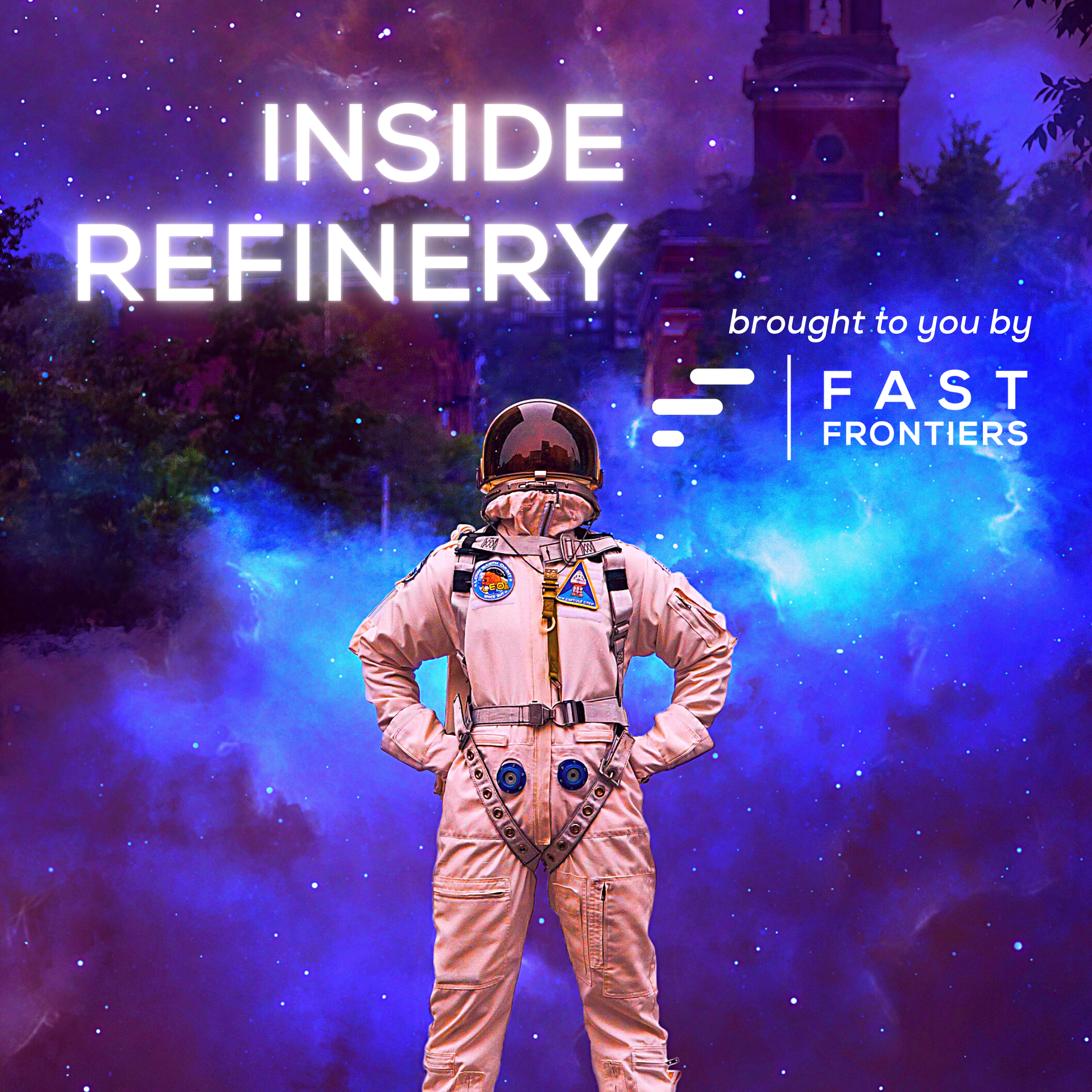About The Show
Fast Frontiers
An exploration of how innovation frontiers are emerging in surprising places.
Stay up to date with Fast Frontiers by subscribing to our newsletter!
On today's episode of Fast Frontiers, host Tim Schigel sits down to speak with Mike Kadin, the CEO of RedCircle. The two discuss strategies for managing high-growth companies, lessons learned in hiring and how Mike met his co-founder Jeremy Lermitte.

An exploration of how innovation frontiers are emerging in surprising places.
Stay up to date with Fast Frontiers by subscribing to our newsletter!